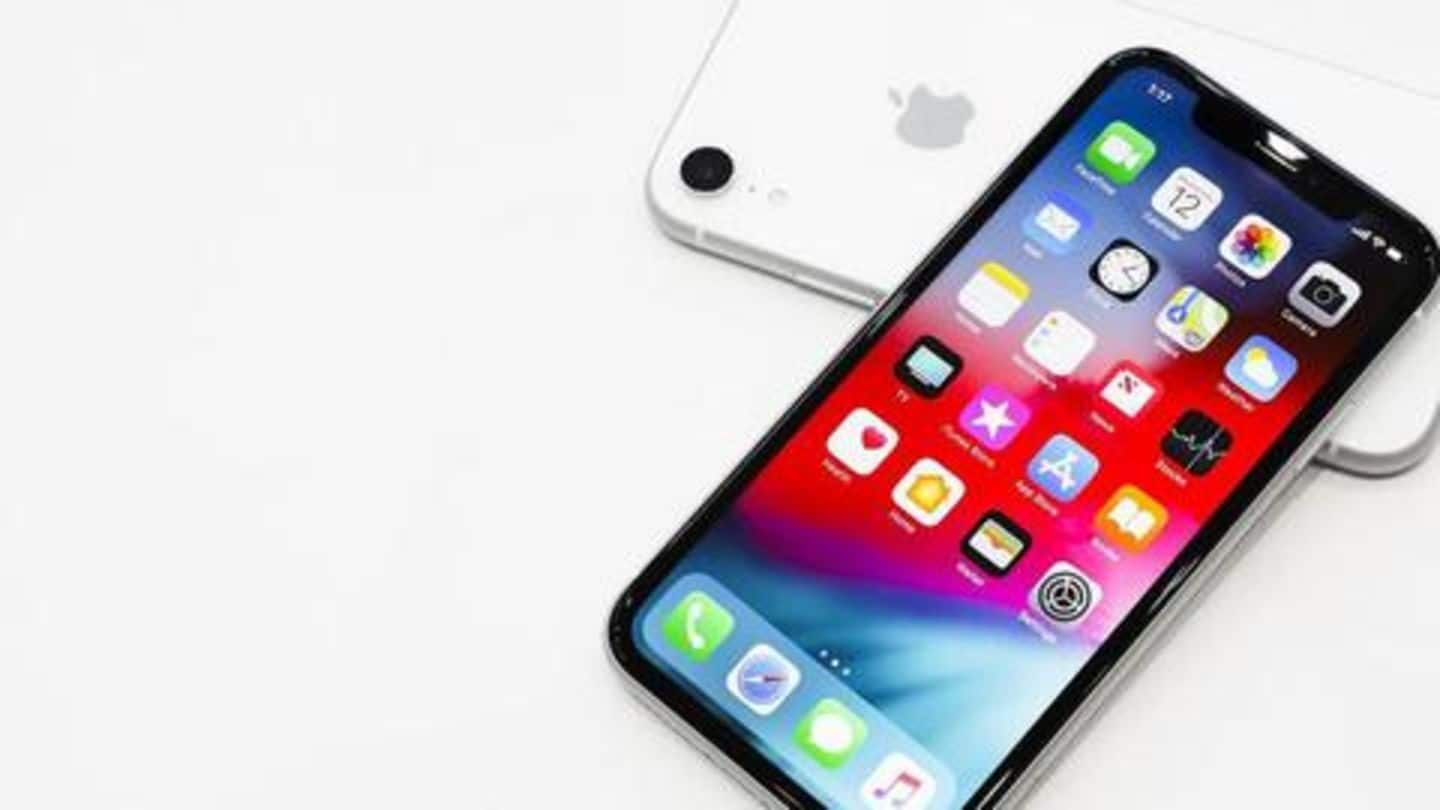
Now, Apple offers interest-free loan for iPhones: Details here
What's the story
Apple's hardware revenues have taken a hit due to falling iPhone sales.
CEO Tim Cook claimed the decline is due to various factors, including weakening currencies, and Apple is in the process of tweaking its pricing strategy to boost sales in some markets.
Now, as part of the same effort, the company has started offering interest-free loans on new iPhones.
Here are the details.
Apple's move
Apple offers interest-free loans in China
Apple has partnered with Alibaba Group-owned Ant Financial Services (formerly Alipay) to offer interest-free financing services to millions of people living in China.
The move, aimed at reducing the monthly cost of iPhones, makes sense for Apple as China is the largest smartphone market in the world.
Additionally, it is also one of the various regions where the sale of iPhones has plummeted.
Option
Interest-free finance for credit card owners too
Though neither Apple nor Ant confirmed the development, the Wall Street Journal was able to verify that Ant's Huabei lending service has informed customers about increasing their credit limits to invest in Apple products.
A similar option is also available for people using credit cards from three state-owned Chinese banks, but Ant's Huabei is a more popular credit option with over 700 million users.
Options
Financing options available to the users
As per WSJ, Apple has been offering 12 and 24-month interest-free financing package with Huabei on its physical stores and Alibaba's Tmall online marketplace.
While the 24-month option ends on March 25, the company is also offering additional 'exchange' discounts for those willing to trade their old devices for a new iPhone.
Clearly, Apple wants to boost its sales in the country.
Issue
Apple's revenue took major hit in China
Hope is that the new financing option and discounts would entice more people to buy iPhones in China.
To recall, Apple's December quarter revenue in China witnessed a drop of $5 billion from a year ago, when the Cupertino giant reported $17.96 billion.
Cook had blamed the decline on economic slowdown, caused in part by the "trade tensions between the United States and China".